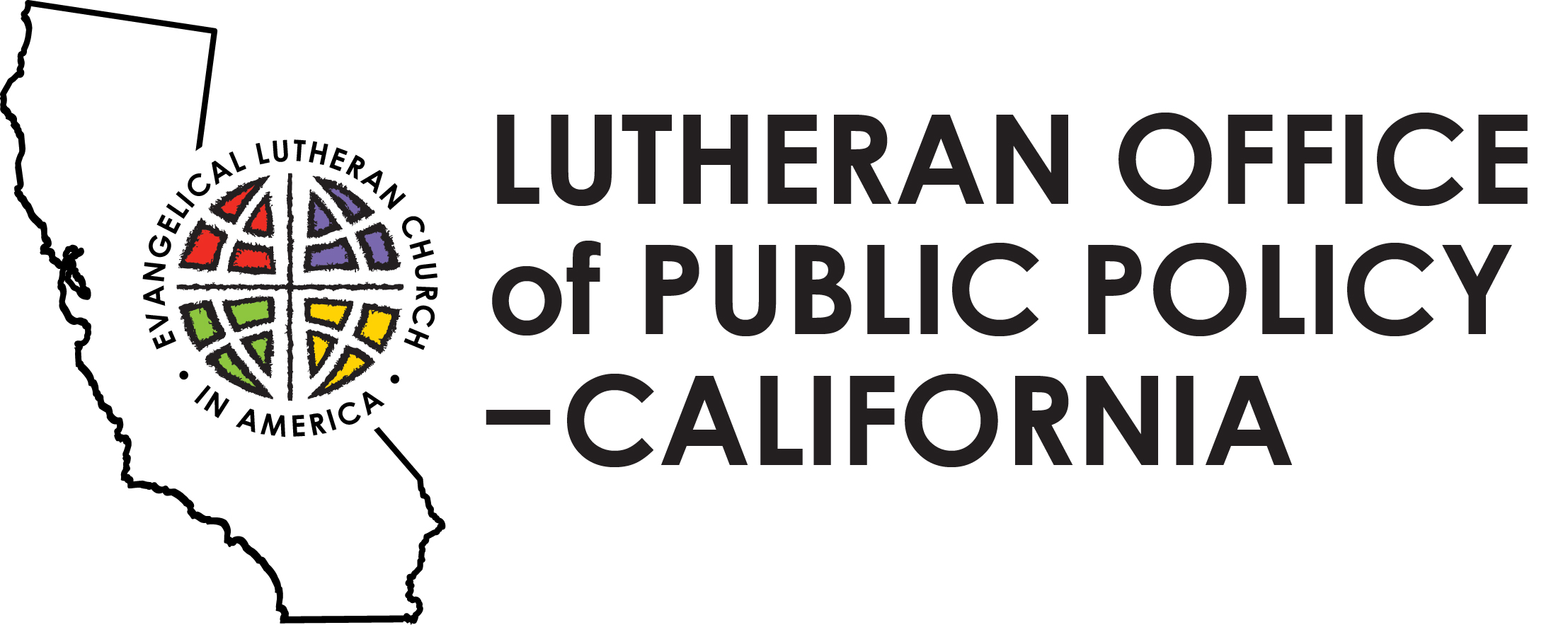The LOPPCA Policy Council unanimously affirmed a move to center an anti-racism lens to fuel and undergird our advocacy priorities as an organization. The Board will work in conjunction with the Director to develop protocols and guidance for how this will be implemented and measured.
What is an anti-racist lens?
“The opposite of racist isn’t ‘not racist.’ It is ‘anti-racist.’ What’s the difference? One endorses either the idea of a racial hierarchy as a racist, or racial equality as an anti-racist. One either believes problems are rooted in groups of people, as a racist, or locates the roots of problems in power and policies, as an anti-racist. One either allows racial inequities to persevere, as a racist, or confronts racial inequities, as an anti-racist. There is no in-between safe space of ‘not racist.”
― Ibram X. Kendi, How to Be an Antiracist
An anti-racist approach confronts and dismantles systems and structures which promote racism and white supremacy. Such an approach is necessary because anti-blackness and white supremacy are embedded in our history, our present, and the pull of the status quo. Racism is devastating, harmful, and at times lethal to people of color, and it is harmful to our common life together as beloved community.
How does ANTI-RACISM apply to policY-making?
“Americans have long been trained to see the deficiencies of people rather than policy. It’s a pretty easy mistake to make: People are in our faces. Policies are distant. We are particularly poor at seeing the policies lurking behind the struggles of people.”
― Ibram X. Kendi, How to Be an Antiracist
White supremacy was historically created by and continues to be promoted through policymaking, whether explicitly in segregated beaches along California’s coast, or implicitly through access to state programs such as clean vehicle rebates and tax credits. We must ask: Who is in power? Who wrote the policy? Who benefits? Who doesn’t? Who suffers? How does this help build a beloved community? Who is missing at the decision-making table?
An anti-racist approach centers voices, experiences, solutions, and realities of Black people, Indigenous people, and all people of color. It also promotes the redistribution of power at every level of society: CEOs, federal lawmakers, city councils, school boards, etc. As a church, the ELCA is reckoning with its own alliances to white supremacy and committing to anti-racist practices. Our advocacy work in California allows us to support and amplify policies by and for people of color within our Lutheran tradition and within our state.
2020-21 LEVN Volunteer
The Board also voted to participate as a placement for a local young adult discernment organization, Lutheran Episcopal Volunteer Network (LEVN). LEVN is located in Davis, CA and provides spiritual formation, vocational discernment, housing, and meaningful work at a non-profit placement site.
LEVN was founded in 2012 on tenets of intentional Christian community, simple living, service of others, solidarity with the poor, promoting justice, spiritual awareness, and vocational discernment. LEVN strives to provide a just and equitable internship opportunity by providing housing, healthcare, and a stipend for and other essentials.
LEVNers, as they are colloquially named, must have a bachelors degree OR 3 years of professional experience OR an equitable combination of college coursework and professional experience. Staff work with volunteers to attain student loan forbearance if needed. LEVNers receive $1000 reentry fund following completion of the program.
The LEVN volunteer at LOPPCA will work remotely doing communications, social media, and administrative duties as assigned to support advocacy in the Capitol and engagement in our churches.




